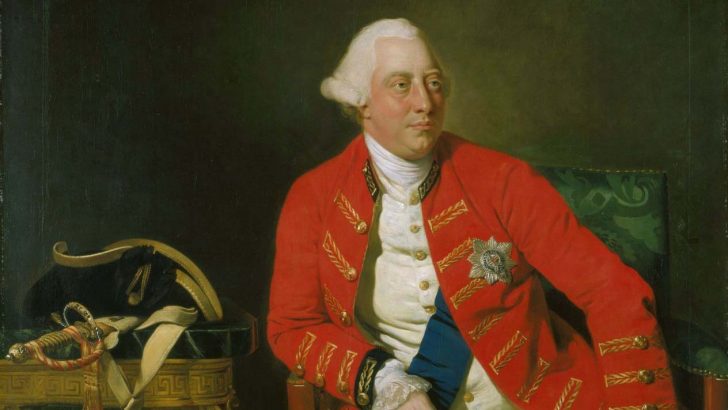Last Sunday, Pope Francis launched a two-year worldwide consultative process that could give a much greater say to lay Catholics and “people on the margins of society” (see pages 8-9). I’m sure this will be rewarding, and yield many valuable responses.
But as the Hollywood wag Sam Goldwyn, famous for his malapropisms, once said: “Include me out!” It’s a phrase that I reach for when being asked to get more committed to any organisational arrangements, or even to reply to any lengthy ‘market surveys’. I don’t really want to be consulted on how any organisation is managed. I usually vote whenever an election occurs, but after that, I expect those elected to do the job they’re required to do.
Delegators
I’m one of life’s delegators. When I go to a hairdresser and she says “how would you like your hair done?” I reply “you’re the coiffeur – you decide how you’d like to style my hair!” I expect the accountant to direct me professionally in the matter of my tax liabilities. And when I go to church, I am attending what Christians often call ‘a service’. Yes, I expect the professionals – those involved in the church – to serve my spiritual needs.
If clergy are sensitive and intelligent, they’ll listen, and learn, anyway from parishioners, and the world beyond the parish.
Church matters
I once was ‘consulted’ about Church matters by being invited to sit on a parish council, and although I duly complied, I found the tedium, and the time-wasting, excruciating. Committees love procedure, and the minutiae of “through the chair”: I had been accustomed to a newspaper office where the editor considered it his job to make decisions with a swift application of judgement. (Pope Francis gets that point: only pontiffs can make the ultimate decisions on doctrine, he has said.)
Lay involvement in the Church can be terrific – the Legion of Mary is a prime example of first-rate lay participation. But not everyone has the attitude, the aptitude or the time for such involvement.
The synod is a positive initiative, but I think it worth noting too, what Prof. Stephen Bullivant, the writer on religious matters, recorded about procedures after Vatican II.
He found that committees, commissions, justice and peace pow-wows, etc., appealed to middle-class folk who like meetings: responsible citizens, yes, but also the bossy committee types, the retired seniors who enjoy taking over. Ordinary, and especially working-class Catholics weren’t that interested: they were more upset by their traditional saints – Philomena, Christopher – being removed from the canon than by invitations to lay participation.
Maybe I’m a bit like that – just give me peace, quiet and a sense of the sacred, and let the professionals get on with the job!
Are we on the way to ‘Polexit’?
Brexit was, understandably, much disliked in Ireland – it is not in Ireland’s interest, and it’s created an ongoing Border problem on this island.
It may be more difficult to form an opinion over Poland’s current argument with Brussels. Poland is not planning to exit from the European Union, but still, the Polish Supreme Court has ruled that Polish law takes precedence over EU law. The EU Commission is deeply displeased and Ursula von der Leyen has been issuing what’s described as “heavy-handed threats”, with suggestions of withdrawing funding from Poland.
However, if it did come to a confrontation over the Polish constitution, Brussels would not necessarily come off best – especially since Hungary supports its Polish ally (they’ve been allies since 1683, when together they defeated the Ottomans at the gates of Vienna). What with the fuel crisis, economic problems in Italy, a sabre-rattling Russia, and political uncertainty in Germany and France, not to mention the Northern Ireland protocol, the EU has its hands full. Poland is now a very successful economy – the sixth largest in the EU 27 – and has had the grit to stand up to the Soviet Union. This great country deserves respect.
It won’t come to a ‘Polexit’, but on the substantive issue of a patriotic defence of their constitution, I have a feeling that there would be Irish sympathy for Poland.
***
There’s a new biography of George III, written by the Tory historian Andrew Roberts, which seeks to reinstate the ‘mad king’ who lost America, as a kindly, nuanced, and uxorious man.
Maybe so. But this Hanoverian was so prejudiced against Catholics he couldn’t bear to hear the words ‘Catholic Emancipation’ uttered. So nobody uttered them during his reign (1760-1820).


 Mary Kenny
Mary Kenny George III
George III 